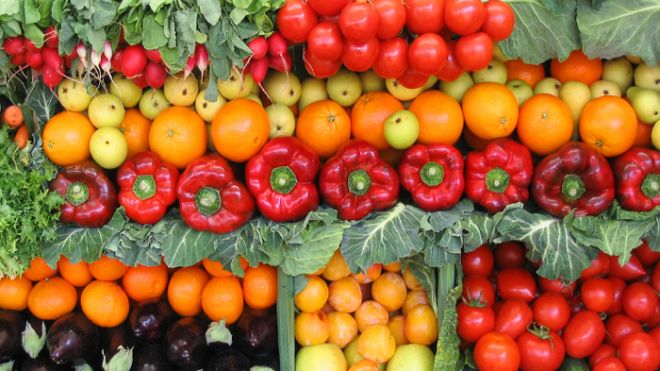Plant-based diets take root in U.S. among athletes, exercisers
For Brendan Brazier it all started with a smoothie. The former Ironman triathlete and ultra-marathon champion said he decided to change to a vegan diet as a high school athlete hoping to turn professional. “I knew I had to improve,” Brazier explained in an interview. “I tried high carb, low carb, high protein, low protein, all sorts of different diets. Then I tried plant-based. It started with me just taking a daily blender drink of fats, plants, proteins.” The 38-year-old Canadian, who has written three books on veganism, including “Thrive Fitness: The Vegan-Based Training Program for Maximum Strength, Health, and Fitness,” is not alone. From tennis players to bodybuilders, athletes trying to improve their performance have switched to veganism, which excludes meat, eggs, dairy products and all other animal-derived ingredients. Baseball's Prince Fielder, ultra-marathoner Scott Jurek and ice hockey player Mike Zigomanis have declared themselves vegans. Olympic skier Seba Johnson has been vegan from birth and tennis star Venus Williams became a vegan after being told she had Sjogren's syndrome, an autoimmune disease. Fitness experts say the rewards of a plant-based diet can include more energy, deeper sleep and better performance. “We see athletes recovering faster, maximizing training, and thereby improving performance,” said Julieanna Hever, a personal trainer, registered dietitian and author of “The Complete Idiot's Guide to Plant-Based Nutrition.” “Unfortunately, there are not yet any clinical trials on vegan athletes,” she added. Sharon Palmer, author of “The Plant-Powered Diet” said some studies show that a diet high in antioxidants and anti-inflammatory compounds can help prevent and treat issues related to recovery. “It makes sense that anti-inflammatory compounds would help athletes avoid inflammation related to training,” said Palmer, a registered dietitian. “And the majority of anti-inflammatory compounds are found in plant foods.” Only 2 percent of 1,014 American adults questioned in a 2012 Gallup poll identified themselves as vegans. Five percent called themselves vegetarians, usually defined as those who do not eat meat, fish or poultry but consume dairy products and eggs. Brazier said with a plant-based diet the stress hormone cortisol decreases, so people need less sleep, and less sugar and coffee for stimulation. But Palmer cautioned that vegans are at risk for deficiency in vitamins B12, D, and calcium, which are found in meat, dairy products and eggs. “I see that people just wing it. They decide that their bodies will just fill in for their gaps in their diets, which is not true,” she said, adding vitamin supplements may be needed. “Another thing I see is that people don't always get adequate sources of protein.” She said athletes and very active people might need to add protein from nuts, seeds, beans, lentils and soy to their meals and snack. Brazier said a good way to transition to a vegan diet is with a daily smoothie of plant proteins, essential fats, and fiber greens. “And add fruit. Make it taste good.”source : http://www.foxnews.com/health/2013/06/10/plant-based-diets-take-root-in-us-among-athletes-exercisers/





